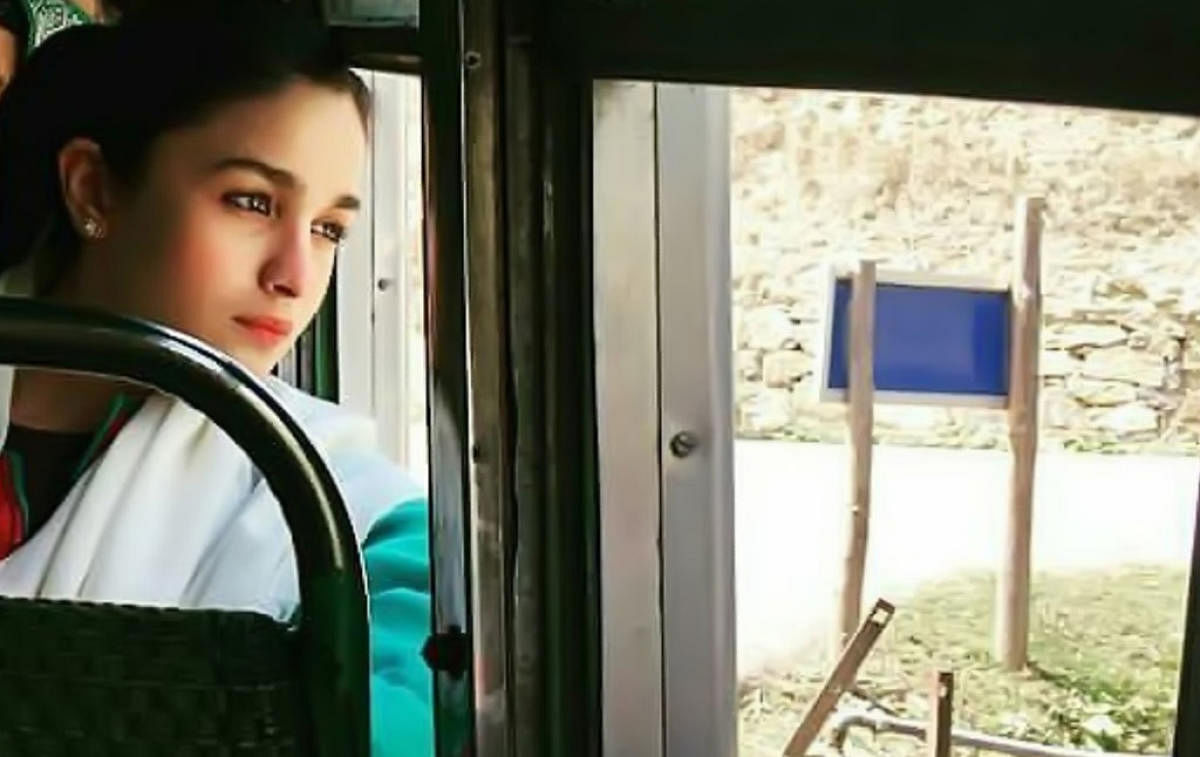Raazi
Hindi (U/A)
Cast: Alia Bhatt, Vicky Kaushal, Soni Razdan, Rajit Kapur
Director: Meghna Gulzar
Rating: Three stars (out of five)
When Hidayat Khan (Rajit Kapur) discovers that he's only got a few months to live, the Indian spy posing as an India-Pakistan double-agent turns to his teenage daughter, Sehmat (Alia Bhatt), to take his place.
Sehmat, it is decided, will sacrifice her studies at Delhi University and marry into a high-ranking Pakistani military family, from within which she will spy for India. "I'll tell her, you teach her," Hidayat says to his colleague, Khalid Mir (Jaideep Ahlawat).
One of the most refreshing things about Raazi ("willing") is an absence of the desire to be incessantly politically correct. In training, Mir tells an injured Sehmat that she must always smile, no matter the situation; at dinner one evening, Sehmat’s father-in-law snaps at his wife when he receives bad news, and so on.
These moments might so easily have prompted winning responses from the ladies, but they are left as they are, silently integrated into the patchwork of the time. The characters are allowed to simply inhabit the screen without having to become grand torchbearers of progress.
For a story so definitively set in history – during the India-Pakistan war of 1971 – the experience of the film is strangely ahistorical. On the one hand, the audience is aware of the war and of Sehmat's role in it. On the other, what we are primarily watching is the domestic, cultural life of an upper-middle class Pakistani family. There are far more scenes of the family sitting down to dinner together, or of Sehmat seeing her husband off to work, than there are of her actually spying.
This is not necessarily a bad thing – in the genre of the spy film, it is hard to find those that do not glorify the adventure of espionage – yet if one didn’t come to the film with the knowledge of its context, there are moments it veers dangerously close to resembling your typical saas-bahu television drama. When the house help discovers Sehmat’s real purpose in Pakistan, Sehmat runs him over in true Kasauti Zindagi Ki fashion.
In an attempt to create an ordinary, every-woman character, Sehmat is often left characterless. Much of her dialogue sounds like it was borrowed from history textbooks – "Nothing before the homeland", "If it is wrong to ask me to spy, it is wrong to send your sons to war", etc – but perhaps this is where the film’s success really lies.
In the final scene – set forty years later – Sehmat sits by the window of a rather dilapidated concrete house in the countryside. There is no moment of victory, no badge of honour – she is shown to be living a life of isolation, in perpetual contemplation of the actions of her youth.
Here is a woman who will never experience the redemption that comes with official recognition. She is not called a patriot or a hero, yet she has played her part, and must live with her conscience.
